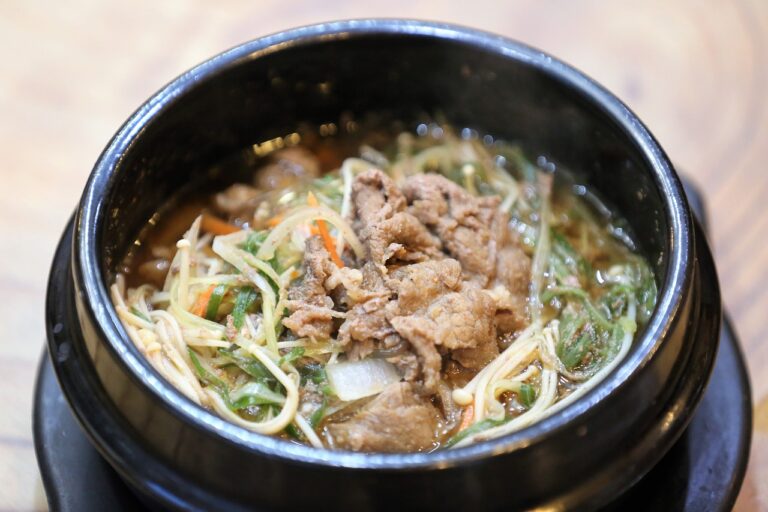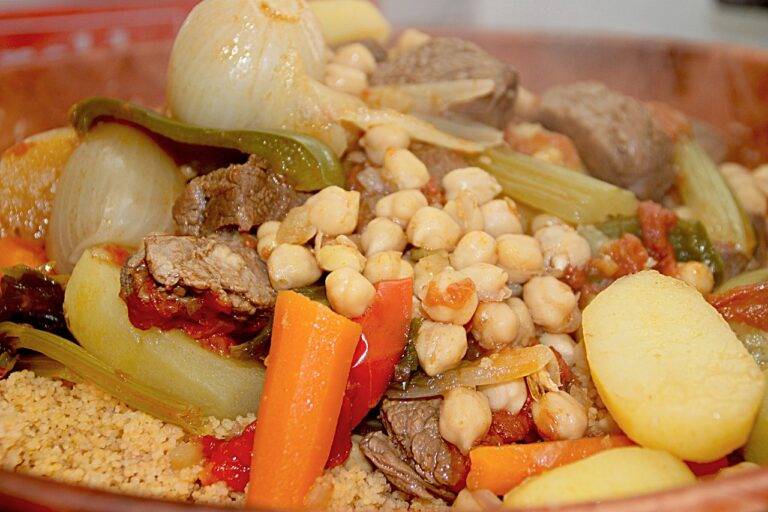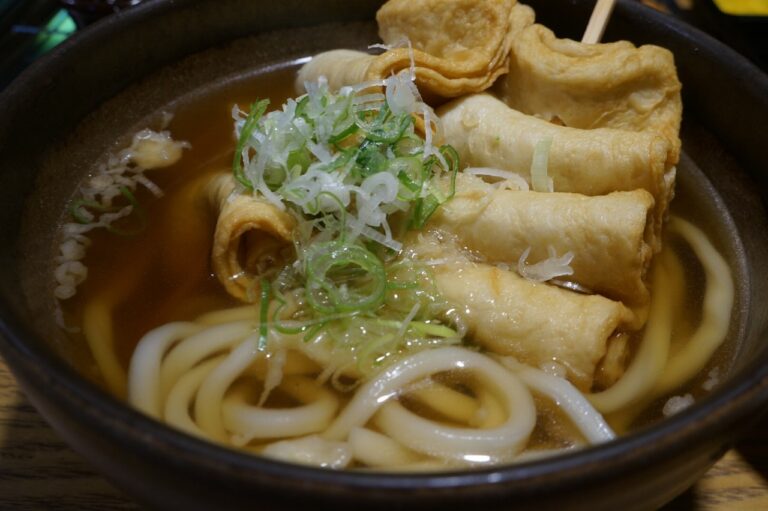The Surprising Health Benefits of Traditional Southeast Asian Fermented Foods
Fermented foods commonly found in Southeast Asia offer a plethora of health benefits due to their rich probiotic content. These foods, such as kimchi, tempeh, and kefir, are teeming with beneficial live bacteria that support gut health and digestion. Regular consumption of these fermented delights can aid in improving nutrient absorption and promoting a healthy balance of gut flora, which in turn can enhance overall immune function.
Furthermore, Southeast Asian fermented foods are believed to possess anti-inflammatory and antioxidant properties that can help reduce inflammation in the body and combat harmful free radicals. This may contribute to a lower risk of chronic diseases such as heart disease, cancer, and diabetes. The unique combination of nutrients and active cultures in these traditional foods make them a valuable addition to a well-rounded and health-conscious diet.
Cultural Significance of Fermented Foods in Southeast Asia
Fermented foods hold a revered place in the cultures of Southeast Asia. These traditional foods are not only cherished for their unique tastes and aromas but also for their symbolic importance in various customs and rituals. In many Southeast Asian countries, fermented foods are an essential part of celebratory feasts and religious ceremonies, symbolizing prosperity, longevity, and unity among communities.
Furthermore, fermented foods play a crucial role in the social fabric of Southeast Asian societies. They are often shared among family members and friends during gatherings and festive occasions, fostering a sense of togetherness and camaraderie. The act of preparing and consuming fermented foods is seen as a way to strengthen bonds and reinforce cultural heritage within communities across the region.
Nutritional Value of Traditional Fermented Foods
Traditional fermented foods in Southeast Asia are not only cherished for their unique flavors but also for their impressive nutritional value. These foods undergo a natural fermentation process that enhances their nutrient content and offers numerous health benefits. Rich in probiotics, vitamins, and minerals, fermented foods play a crucial role in supporting gut health and boosting the immune system.
One of the key nutritional benefits of traditional fermented foods is their high concentration of beneficial bacteria, which are essential for maintaining a healthy gut microbiome. These good bacteria help in improving digestion, nutrient absorption, and overall gut health. Additionally, fermented foods are often rich in vitamins such as B vitamins, vitamin K, and antioxidants, making them a valuable addition to a balanced diet.
What are some health benefits of Southeast Asian fermented foods?
Southeast Asian fermented foods are rich in probiotics, which can improve digestion, boost immunity, and promote overall gut health.
Why are fermented foods culturally significant in Southeast Asia?
Fermented foods have been a staple in Southeast Asian cuisine for centuries, with each region having its own unique fermentation techniques and recipes that are passed down through generations.
What is the nutritional value of traditional fermented foods?
Traditional fermented foods are often high in vitamins, minerals, and beneficial bacteria. They can help improve digestion, regulate blood sugar levels, and support a healthy immune system.
Are fermented foods safe to consume?
When prepared correctly, fermented foods are safe to consume and can be a healthy addition to your diet. It is important to follow proper fermentation techniques and storage guidelines to prevent harmful bacteria growth.







